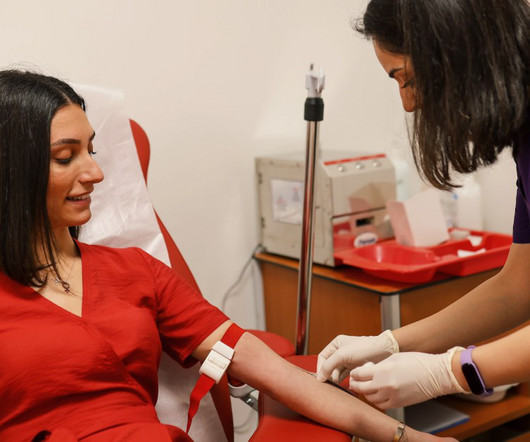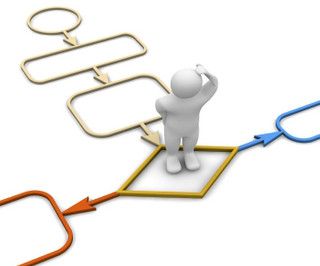Requirements For Phlebotomy
Phlebotomy Careers
JULY 1, 2025
As a vital member of medical teams, phlebotomists operate at the forefront of patient care, specializing in the collection of blood samples for testing, transfusions, or donations. But what does it take to become a proficient phlebotomist? In



















Let's personalize your content